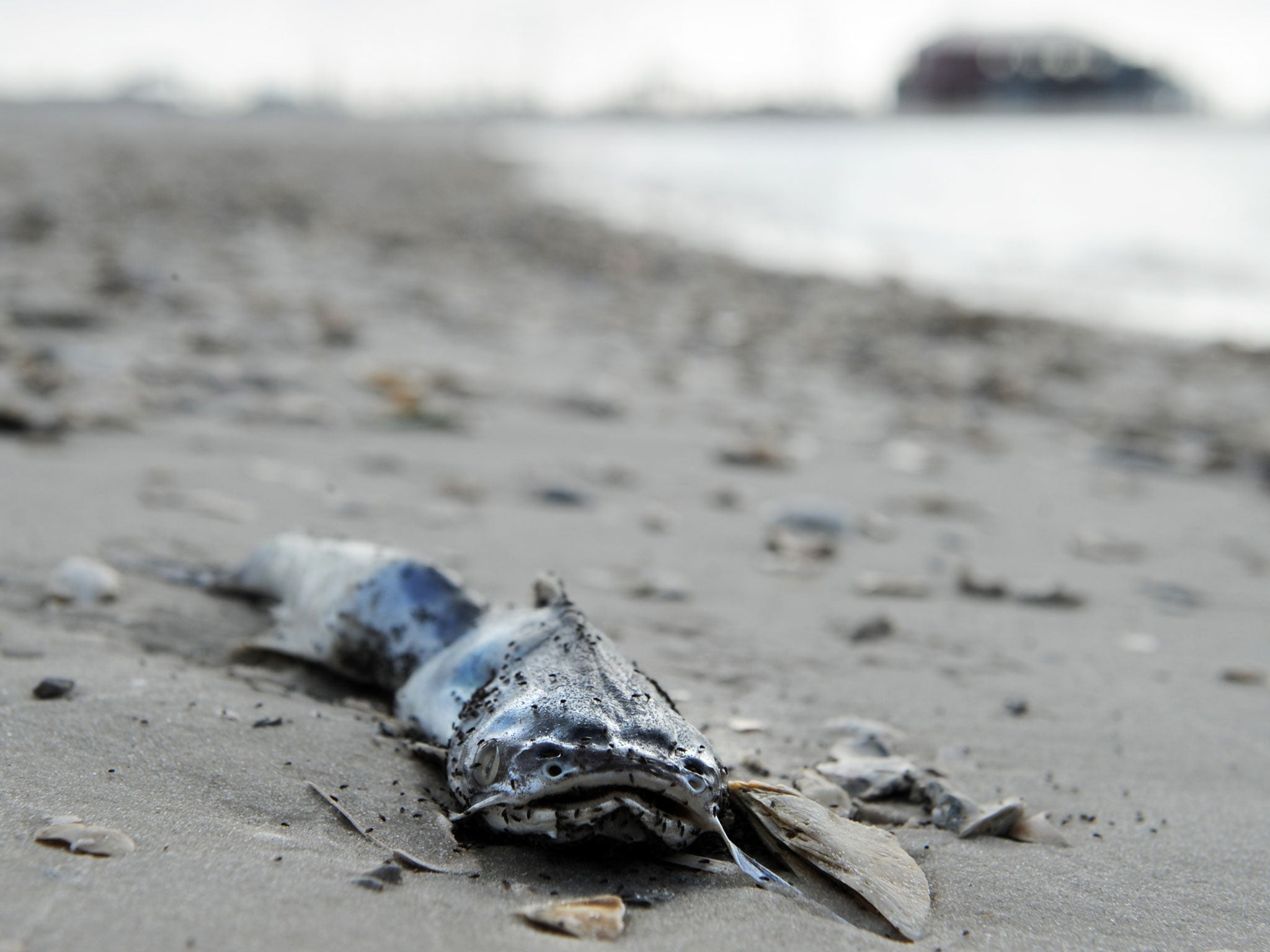Vince Cable must force the banks to come clean about their dirty investments
While millions of people in developing countries pay the price of inaction on climate change, the UK's financial sector gets away with pouring billions into dirty energy

Your support helps us to tell the story
From reproductive rights to climate change to Big Tech, The Independent is on the ground when the story is developing. Whether it's investigating the financials of Elon Musk's pro-Trump PAC or producing our latest documentary, 'The A Word', which shines a light on the American women fighting for reproductive rights, we know how important it is to parse out the facts from the messaging.
At such a critical moment in US history, we need reporters on the ground. Your donation allows us to keep sending journalists to speak to both sides of the story.
The Independent is trusted by Americans across the entire political spectrum. And unlike many other quality news outlets, we choose not to lock Americans out of our reporting and analysis with paywalls. We believe quality journalism should be available to everyone, paid for by those who can afford it.
Your support makes all the difference.Austerity doesn’t apply to the fossil fuel energy sector. While ordinary families in the UK struggle to make ends meet, and millions of people in developing countries pay the price of inaction on climate change, money is pouring into dirty energy like there’s no tomorrow.
The sad truth is that despite all the talk about promoting green investment and corporate social responsibility, the UK financial sector is addicted to fossil fuels and leading the way are the banks. They plough billions of pounds into fossil fuels through corporate loans and then help oil, gas and coal companies further increase their revenue by underwriting their bond and share issues. The top five UK banks alone helped fossil fuel companies raise £170 billion through bonds and shares over the last three years.
Then there are the institutional investors who manage our pension money and invest heavily in dirty energy. Prudential, Legal & General and Aviva collectively hold £6 billion of shares in BP alone. It is almost impossible to find a pension scheme which doesn’t involve some level of investment in oil and gas. Even so-called ‘ethical’ pension schemes often involve some degree of exposure to fossil fuels.
Outside of banking and investment, the wider financial services industry also has a big stake in the high carbon economy. Large accountancy firms like KPMG and Deloitte have dedicated teams working to help oil and gas firms minimise their tax bills. Corporate lawyers make millions from defending fossil fuel firms in court. Like it or not, the City of London as a whole is hooked on carbon.
As the world fast approaches the point of no return on climate change, you would think the government would want to do something to prevent all of this money flowing into dirty energy. At the very least, you would expect that investors would be forced to disclose the carbon footprint of their investment portfolios and their services to fossil fuel companies.
Alas, this is not the case. The coalition is taking the positive step of introducing mandatory carbon reporting for listed companies from October. But it has let the City off the hook. Firms will only have to report direct emissions and the carbon footprint of electricity consumed (so-called scope I and scope II emissions), and not the ‘financed emissions’ arising from their investments. So we will have the ludicrous situation in which banks and other investors will have to report on the carbon footprint of the lightbulbs used in their swanky London offices, but not on the emissions resulting from the billions of pounds they pour into bankrolling oil and gas companies like BP and Shell.
Transparency is essential, but alone it is not enough. To stem the flow of cash to dirty energy, we need to rediscover the lost art of regulation. The current free for all, in which banks suck up free public money in the form of quantitative easing only to plough investment into destructive energy projects, must end.
Persuading the Government to act may not be easy. As the World Development Movement has revealed, we have a government in which one third of ministers have links to either the fossil fuel or finance industries. We have a foreign secretary, William Hague, who reportedly lobbied for Tullow Oil to be exempted from paying a £175 million tax bill in Uganda. We have a climate change minister, Gregory Barker, who cut his teeth working for Russian oil companies. And we have many other ministers who have received donations from or have past experience of working for the banks, hedge funds and big accountancy giants dependent on the polluting status quo for their profitability.
Former Shell chief economist Vince Cable, the cabinet minister in charge of the UK Companies Act, has the power to introduce mandatory carbon reporting of financed emissions. By forcing banks and City investors to be upfront about their fossil fuel funding habits, he could help rain on the banks’ dirty energy parade. But will he dare to undermine the relationship with his former employers, who lovingly called him the “contact minister for Shell” in a memo last year? For the sake of the millions of people in the developing world already seeing the disastrous effects of climate change, we should certainly hope so.
Alex Scrivener is a campaigner at the World Development Movement
Join our commenting forum
Join thought-provoking conversations, follow other Independent readers and see their replies
Comments